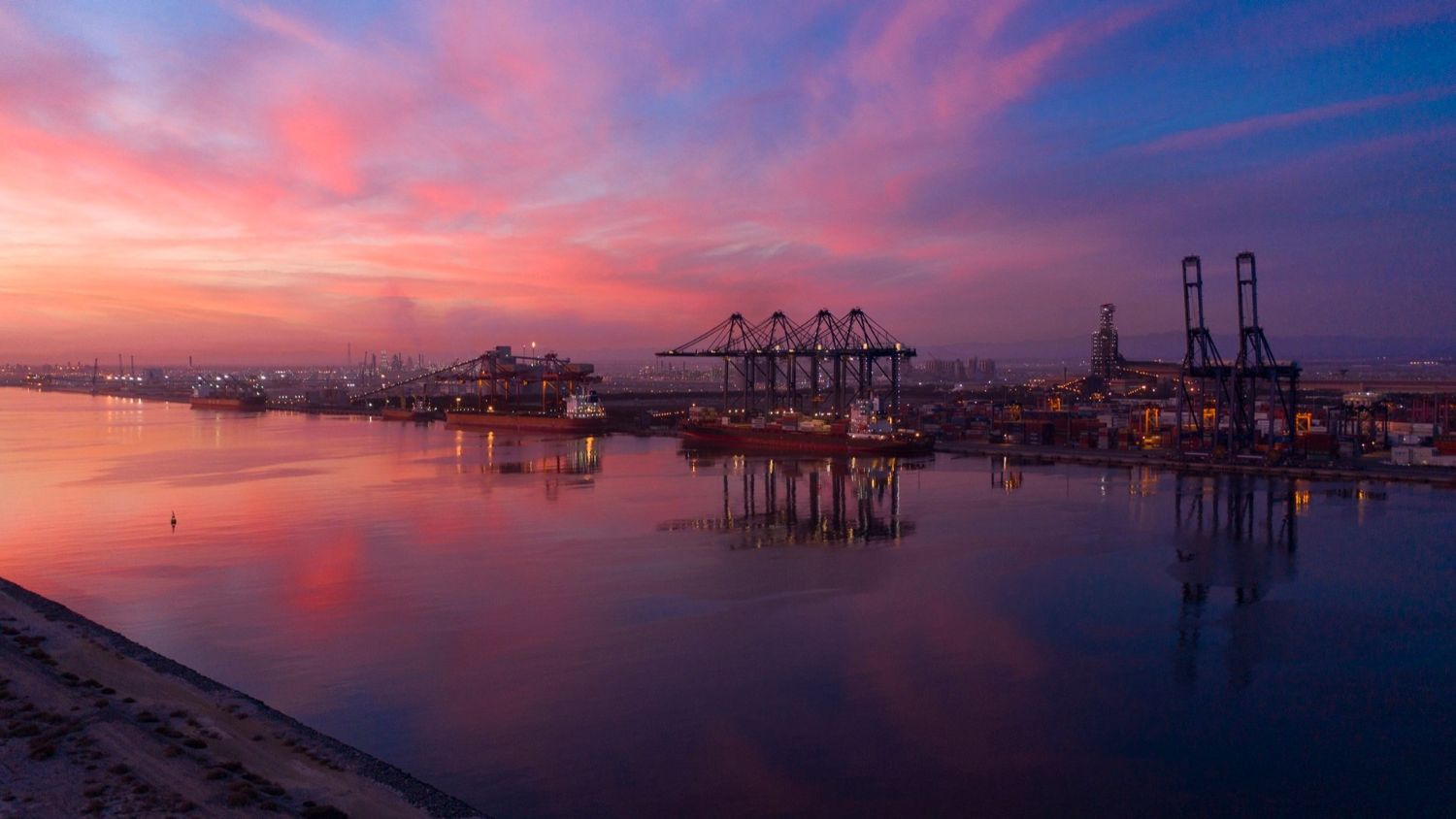
Unlocking The Gateway To The Middle East, Africa, And Asia
How world-class logistics are the key to Oman’s plan for growth
Oman is reinventing itself. By 2040, it will be a world-class, diversified economy powered by private-sector innovation and sustainable technologies. This is the picture painted in the sultanate’s bold and detailed Vision 2040 roadmap.
Key to the strategy’s success is positioning Oman as a trading hub for markets in the Middle East and North African (MENA), as well as subcontinental Asia. Facilitating regional trade would generate revenue in itself, but it would also provide a much-needed outlet for the country’s fledgling agricultural, manufacturing, and mineral sectors.
But attracting international traders requires three things: Regional connections, world-class logistics infrastructure, and a favorable business environment. Oman intends to build on its current logistics platform, and its reputation for world-leading efficiency to attract new businesses and opportunities.
So, with incentives such as an ideal location and Visa-free travel from 103 countries, there’s a lot to tempt businesses into trading through Oman.
Regional connections
Geographically and politically, Oman is perfectly placed to serve a greater role across the continent.
Occupying an enviable coastal position, Oman is a natural gateway for funneling goods in and out of the MENA region. In addition to the $10 billion road network connecting its ports to neighboring Saudi Arabia and UAE, a $20 billion railway is currently under construction.
Crucially, Oman is consistently neutral in its relations, providing easy access throughout the region and beyond. Because of this, there are free trade agreements with a number of key markets, including the U.S., EU, Singapore, and the Gulf Cooperation Council (GCC).
These facts alone are enough to tempt businesses looking for a staging post in MENA. To establish meaningful trade, Oman is providing the physical infrastructure and deploying technologies to move vast quantities of cargo.
World-class logistics
Owned by Oman Investment Authority, ASYAD is an end-to-end logistics provider. In its portfolio are three deep ports, three free zones, and the largest dry dock in the Middle East – complete with some of the most impressive cargo handling in the world.
Taking an average of just 12.5 hours to handle a ship’s containers, Oman was ranked first for port calls by the United Nations Conference on Trade and Development in 2020. In the same year, the World Bank declared Oman the easiest place for cross-border trading in the GCC, according to its ease of doing business report, citing the sultanate’s speed at processing import documentation – a mere seven hours, compared to the GCC average of 47.

Supported by the country’s five airports and the previously mentioned road and rail networks, ASYAD is capable not only of handling cargo, but of doing so with world-beating efficiency. This accolade will have a tangible impact on the businesses trading in the region: by prioritizing efficiency, Oman is able to streamline the entire process, getting goods from A to B and onwards faster and at a lower cost than competitors. The cost reduction is significant and will be a large draw for potential partners.
And this efficiency extends to the Group’s ASYAD Express service, offering an end-to-end, one-stop-shop for logistics, encompassing everything from fulfilment to last-mile delivery, finance, and e-commerce, to make doing business in Oman as easy as possible – including for domestic exporters.
Oman can safely tick the geography and infrastructure boxes.
So, with a useful location and impressive logistics, the final requisite of Oman’s push to international trade is the quality of its business environment.
Unlocking emerging markets
Oman is astute to focus on logistics as a crucial plank to diversification. With all the parts in place to become a major trading hub, the sultanate stands ready to unlock both strategic markets in the region, and its new demand for its own exports.
The sultanate faces an ambitious period of growth on its journey to the sustainable future portrayed in its Vision 2040. And based on the evidence so far, its prowess with logistics is a solid base to build from.
